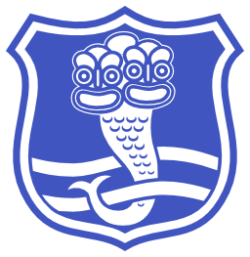The FIH Rules Board has made a series of changes to their rules to make the game faster and safer.
It includes rules on own goals, free hits, and umpiring decisions after half/full time.
Hockey New Zealand will be using the new rules in all its national tournaments and any home test series. It is also recommended that hockey Associations throughout the country implement these changes in their own competitions. The Waikato Hockey Association will be using these new rules.
All hockey players should learn the new rules and variations ahead of the 2013 season.
The changes and an explanation are written below:
8.1 A goal is scored when:
a) the ball is played by an attacker, or touches the stick or body of a defender, within the circle.
b) after either of these actions, the ball does not travel outside the circle before passing completely over the goal-line and under the cross-bar.
- This wording defines the experimental ‘own goal’ rule.
- The ball must only be touched by any player in the circle for a goal to be scored.
13.2 (b) Opponents must be at least 5 metres from the ball. If an opponent is within 5 metres of the ball, they must not interfere with the taking of the free hit or must not play or attempt to play the ball. If this player is not playing the ball, attempting to play the ball or influencing play, the free hit need not be delayed.
- This rule allows for quick free hits to continue without the need for repeat free hits.
- This rule can also be applied to free hits within the attacking 23 metre area.
13.2 (e) The ball may be raised immediately (at a free hit) using a push, flick or scoop but must not be raised intentionally using a hit.
- Free hits can now be flicked intentionally in the air (aerial pass) without moving the ball first.
- Deliberate hits in the air are still not permitted.
5.1 If time expires just before an umpire would otherwise have made a decision, umpires are permitted to make that decision immediately after the end of the first period or the match.
If an incident arises immediately before the end of the first period (half) or the end of the match, which requires review by the umpires, the review may be conducted even though time has subsequently been completed and signaled. The review should take place immediately and action taken to revert to and correct the situation as appropriate.
- This rule deals with the current anomaly whereby a goal can currently be awarded after the full time whistle but a penalty corner or penalty stroke cannot. Now, it is possible that the umpire may award a penalty corner or stroke immediately after the full time whistle if this was the appropriate penalty.
- The second portion of the rule allows for a decision to be reviewed and possibly changed immediately after the full time or half time whistle, and allows time for the umpires to confer if necessary.

